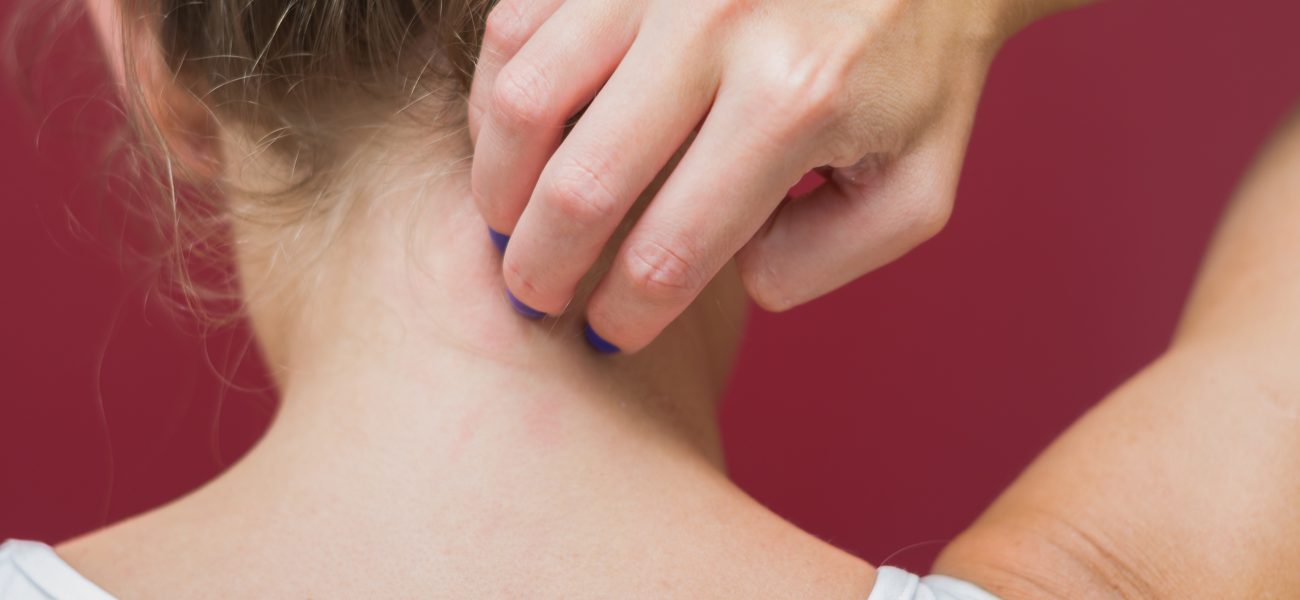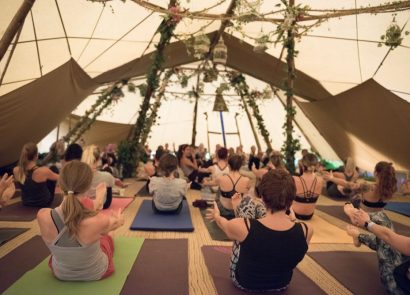It’s different for everyone, but as the weather begins to change, some of you who suffer from eczema will start feeling it flare up even worse. In the run up national eczema week from September 15th -23rd, we spoke to GP Dr Roger Henderson for how you can manage your inflamed skin in the final days of summer.
1. Chill out
Sweating is our bodies way of cooling us down – but for those with eczema, all this will do is cause flare ups. Throughout the day, keep track of how sweaty the back of your neck, knees and the insides of your elbows get, as these are common places for irritation. After a sweaty summers day, hop into a quick and cool shower. And of course, no one likes a sticky summers night. Make sure your room is cool when you go to bed, and think about investing in some light cotton sheets.
2. Easy with the pub trips…
I know – sometimes a September evening is just begging to be spent in a beer garden. But watch how much you’re having. Being dehydrated is asking for a flare up. Make sure you always have a nice, cool bottle of water with you.
3. Stockpile moisturiser
Moisturise, moisturise, then moisturise some more! If you have eczema then you’ll be used to this by now. But did you know that applying after a shower helps lock moisture into your skin for a longer amount of time? Also when drying yourself, pat your skin with a towel, don’t rub. There’s many moisturisers out there, but Dr Roger Henderson recommends Diomed Dry Skin Emollient for its “unique gel formulation that absorbs quickly and helps soften, moisturise and protect the skin by trapping moisture and restoring its natural protective barrier.”
4. Know your enemy
Have you ever wondered why certain things set of your eczema? Well, as Dr Roger Henderson explains, it’s all to do with anything that contains anionic detergents and surfactants. When shopping for these products, make sure they are marked as “Anionic and SLS-free”. And if you’re off for a late summer holiday, err on the side of caution and bring your own products – nothing will ruin Spain like a flare up.
5. Deep breaths…
Not only will stress make you sweat more, it will also release stress hormones, such as adrenaline. According to Dr Roger Henderson, this will affect your immune system and make your skin more likely to inflame. To keep your stress levels low, the doctor suggests yoga, meditation or simply talking with a loved one.
6. Let’s get physical
This is a great one all round. Not only will it leave your body feeling good, but it will reduce your stress levels and strengthen your heart, muscles and bones. By also boosting your immune system, getting some exercise is a great way to reduce the chance of flare-ups. Our expert suggests you low-impact workouts while wearing loose clothing, so you don’t sweat so much you just flare-up anyway.





















